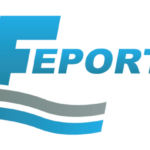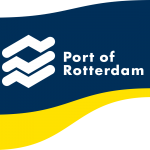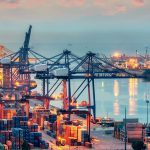On the second day of the G7 summit in Kananaskis, Prime Minister Narendra Modi delivered a strong message against terrorism, calling out the international community for applying double standards and urging decisive global action. Speaking at the G7 Outreach Session on Tuesday, PM Modi emphasized the need to hold accountable those nations that shelter or support terrorist activities.
Modi Calls for Clarity and Consequences on Terror Support
Addressing world leaders, PM Modi said, “For global peace and prosperity, our policies and positions must be clear—if any country supports terrorism, it must pay the price.” He warned against complacency and selective action, stressing that a unified global front is essential to combat the growing threat of terrorism.
He also took aim at what he called the international community’s inconsistent approach. “On the one hand, we are quick to impose sanctions based on individual interests; on the other hand, nations that openly support terrorism are often rewarded,” the Prime Minister remarked, without naming specific countries.
His comments follow the deadly April 22 terror attack in Pahalgam, Jammu and Kashmir, which claimed 26 lives. In response, India launched Operation Sindoor, targeting terror infrastructure across the border in Pakistan and Pakistan-occupied Kashmir. PM Modi thanked G7 leaders for condemning the Pahalgam attack and urged them to stand firm against any state-sponsored terrorism.
Ministry of External Affairs spokesperson Randhir Jaiswal echoed the Prime Minister’s sentiments in a post on X, stating: “PM reiterated India’s stand against terrorism and urged world leaders to galvanize global action and take strict measures against those who promote and support terrorism.”
Raising the Voice of the Global South
Beyond terrorism, Prime Minister Modi used the G7 platform to bring attention to the concerns of the Global South. He urged G7 nations to take these challenges more seriously, calling for inclusive growth and fair representation in global decision-making processes.
Productive Bilateral Talks with Key Leaders
On the sidelines of the summit, PM Modi held several high-level bilateral meetings, including talks with Canadian Prime Minister Mark Carney, UK Prime Minister Keir Starmer, French President Emmanuel Macron, South Korean President Lee Jae-myung, Italian Prime Minister Giorgia Meloni, and Australian Prime Minister Anthony Albanese. Discussions focused on boosting trade relations, enhancing economic cooperation, and addressing shared geopolitical concerns.
In a key development, India and Canada agreed to appoint new high commissioners in a step toward restoring full diplomatic and consular services, following a period of tension between the two nations.
Prime Minister Modi later described his engagements at the summit as “productive,” saying the discussions reflected a shared desire among nations to tackle pressing global issues collaboratively and work towards a more peaceful and prosperous future.






